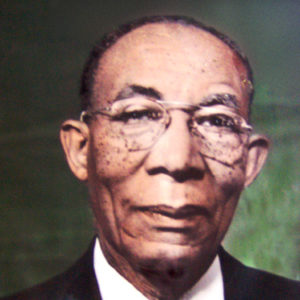 W. F. Branch
W. F. Branch
Race and Ethnicity: African American
 W. F. Branch
W. F. Branch
Branton v. State
 Wiley Branton
Wiley Branton
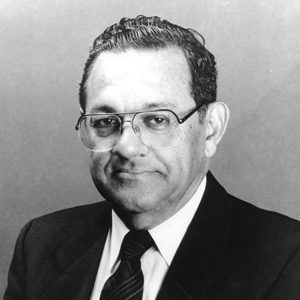 Wiley Branton
Wiley Branton
Branton, Wiley Austin, Sr.
Brewer, Brown (Execution of)
Briggs, Clinton (Lynching of)
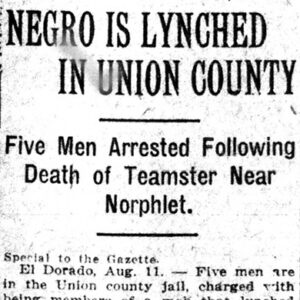 Ed Brock Lynching Article
Ed Brock Lynching Article
 Brock Record Stolen Base
Brock Record Stolen Base
Brock, Ed (Lynching of)
Brock, Lou
aka: Louis Clark Brock
 Lou Brock
Lou Brock
 Lou Brock
Lou Brock
 Brock's Hall of Fame Postcard
Brock's Hall of Fame Postcard
Brodie (Lynching of)
Brooks (Lynching of)
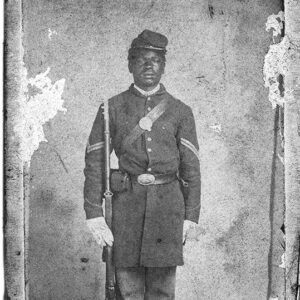 Aaron Brooks
Aaron Brooks
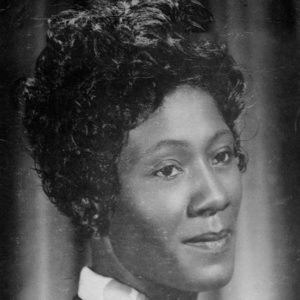 Millie Brooks
Millie Brooks
Brooks, Millie Muriel Ward
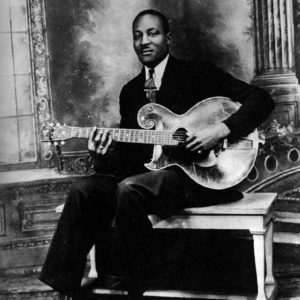 "Big Bill" Broonzy
"Big Bill" Broonzy
Broonzy, “Big Bill”
aka: William Conley Lee Broonzy
Brown, Barney (Murder of)
Brown, Evangeline Katherine
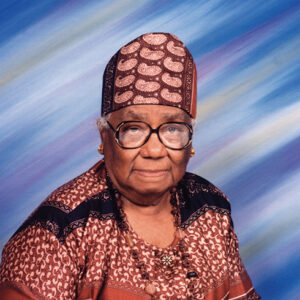 Evangeline K. Brown
Evangeline K. Brown
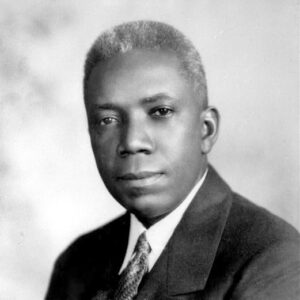 Floyd Brown
Floyd Brown
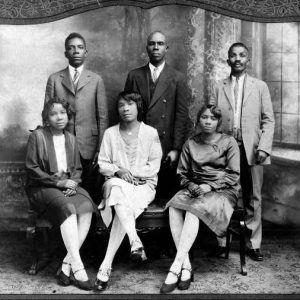 Floyd Brown
Floyd Brown
Brown, Floyd B.
Brown, Frank (Lynching of)
 Irma Brown
Irma Brown
 Irma Hunter Brown
Irma Hunter Brown
Brown, Irma Lee Hunter
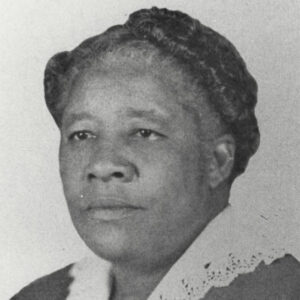 Lillian Brown
Lillian Brown
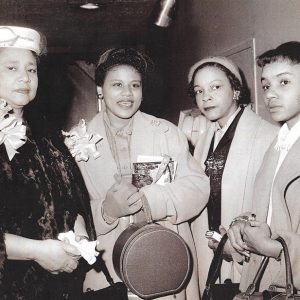 Minnijean Brown
Minnijean Brown
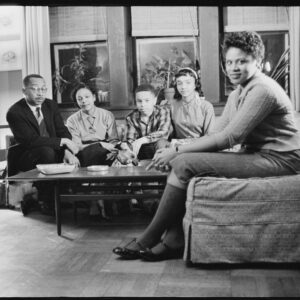 Minnijean Brown and Clarks
Minnijean Brown and Clarks
 Roscoe Brown
Roscoe Brown
Brown, Whit (Execution of)
Brownlee, Christine Jackson
 Rolfe Bryant
Rolfe Bryant
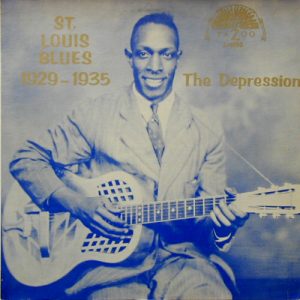 William Bunch
William Bunch
Bunch, William
aka: Peetie Wheatstraw
Burgess, Franklin
Burnett, Henry (Execution of)
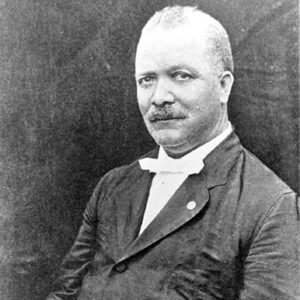 John Bush
John Bush
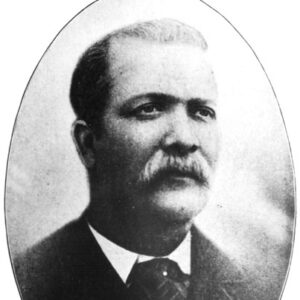 John Bush
John Bush
Bush, John
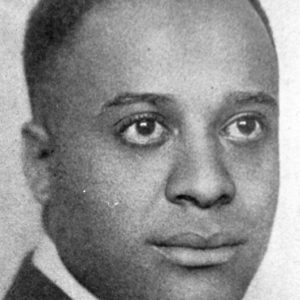 A. E. Bush
A. E. Bush
 Robbie Bush
Robbie Bush
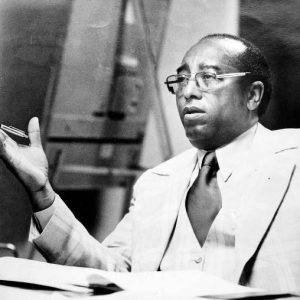 Charles Bussey
Charles Bussey




